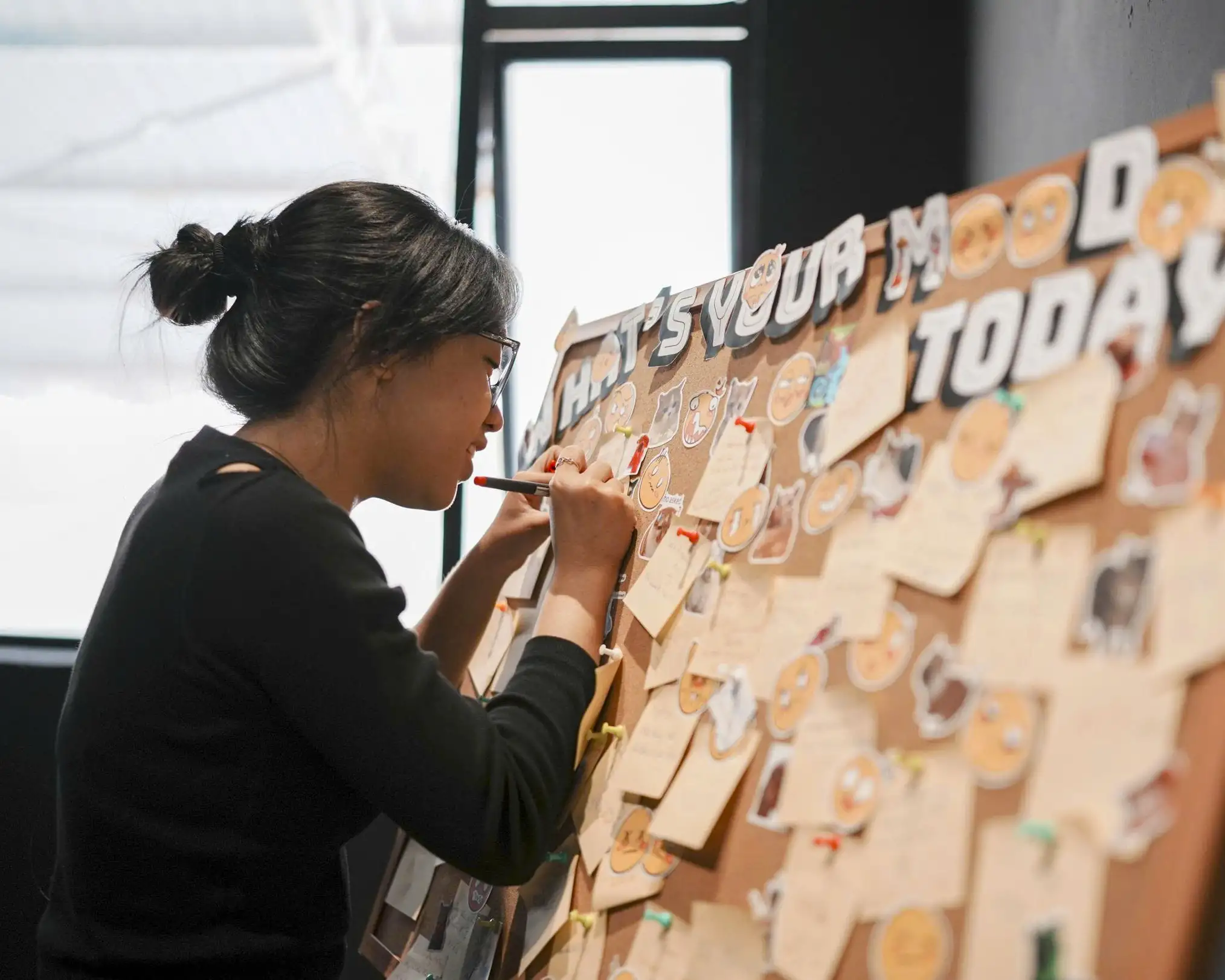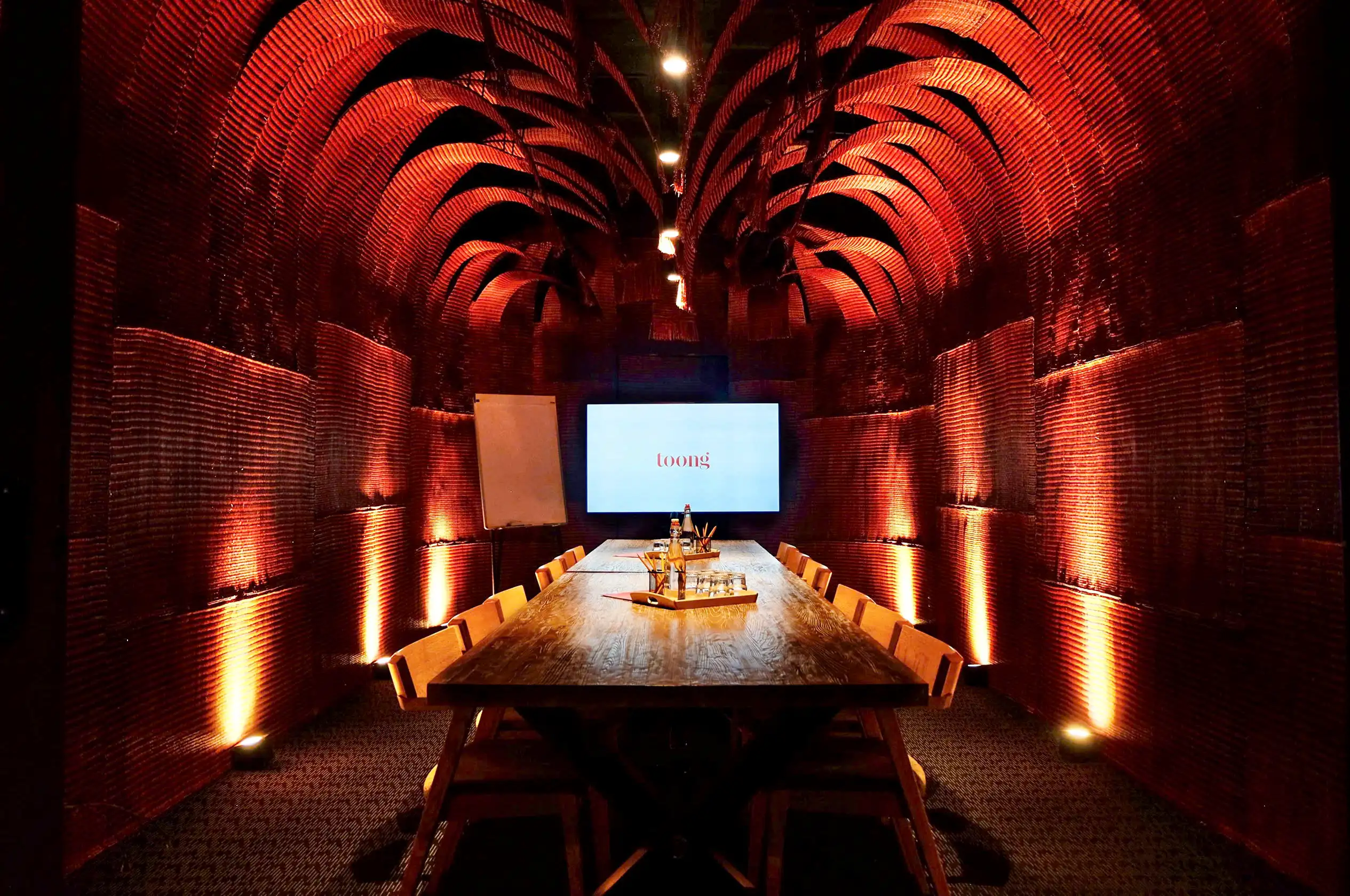22/09/2025
23:00
Is “Busy” Really a Badge of Honor?
The story isn’t new: Wake up checking emails and work messages, racing against deadlines, eating lunch while typing, and ending the day mindlessly scrolling while tomorrow’s tasks already occupy your thoughts.
You’re busy. But… are you okay?
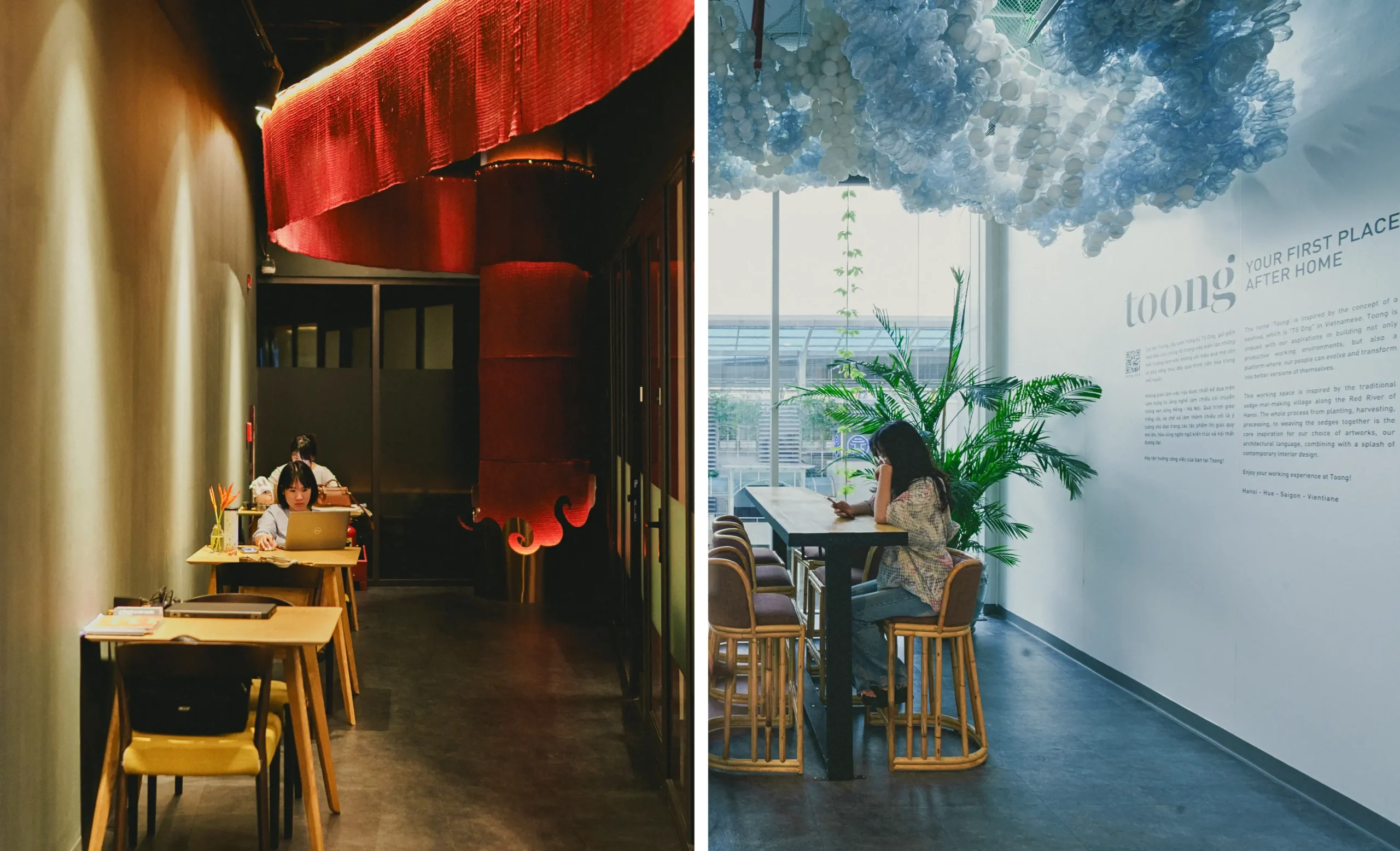
“Always On” – A Modern Disorder
According to Deloitte’s 2024 report, 62% of young adults aged 18-35 admit they’re “always online” for fear of missing work-related information. This phenomenon is called “always-on culture” – where productivity becomes the standard, and rest is perceived as weakness.
Research published in the Journal of Occupational Health Psychology reveals that working over 55 hours per week long-term increases stroke risk by 33% and cardiovascular disease risk by 17%. Yet we continue telling ourselves, “I can handle it.”
The generation living with 24/7 Wi-Fi is ironically… losing connection with themselves.

Working Effectively Doesn’t Mean Working Continuously
Instead of obsessing over “How much did I get done?”, we should ask: “What state was I in while doing it?”
Dr. Alex Pang, author of “Rest: Why You Get More Done When You Work Less,” analyzed that the world’s most creative scientists and artists typically engage in deep work for only 4-5 hours daily. The rest of the time, they… rest. But purposefully: taking walks, journaling, exercising – allowing their minds to “regenerate” rather than “consume.”
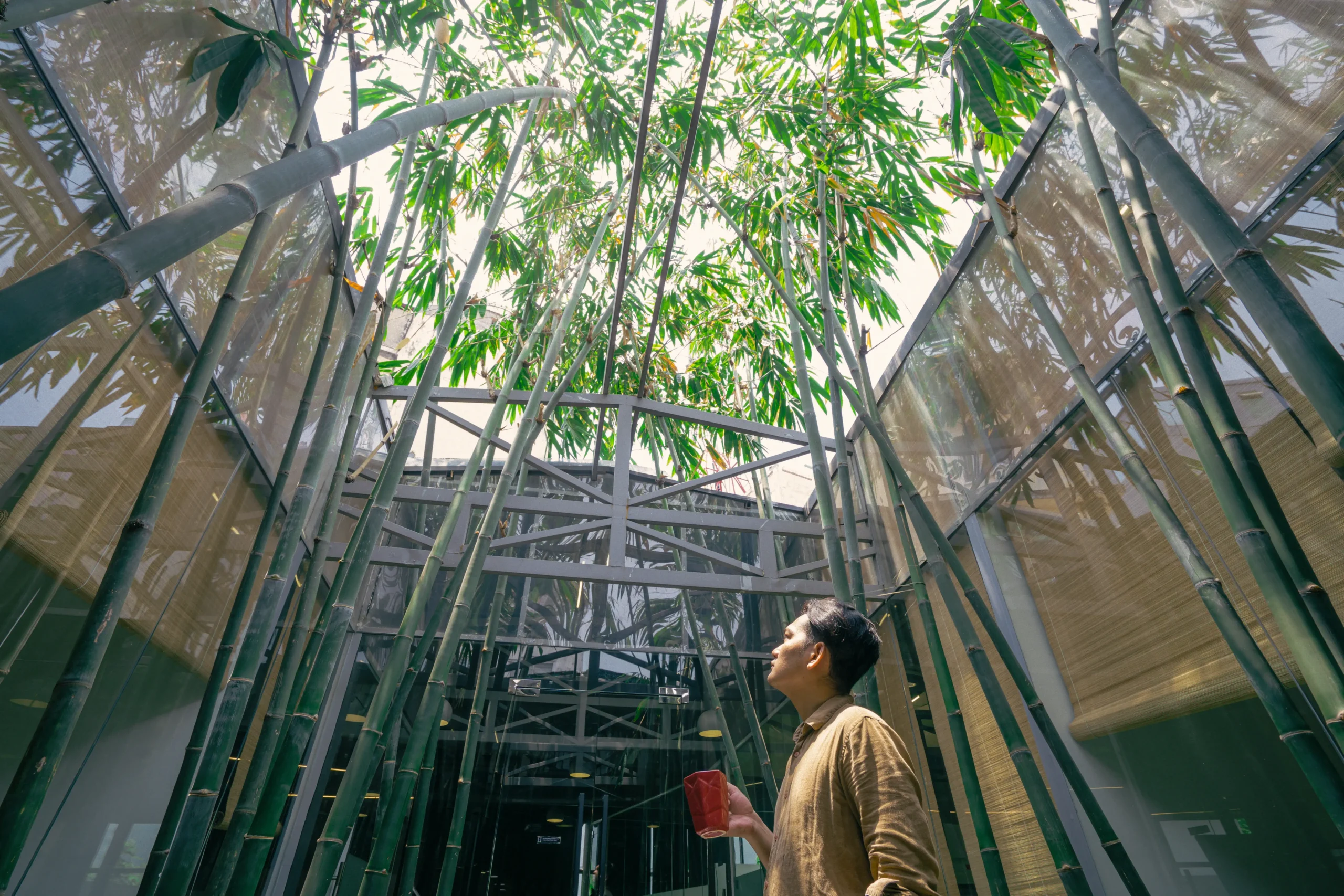
Rest isn’t about being “lazy” – it’s the raw material for restoring creativity. ✨
Life Has Its Own Rhythm
At Toong, we don’t believe in work “boxed” into 8 hours. We believe in individual rhythms that maximize alertness, creativity, and sustainability.
- You might choose the Pomodoro Technique – 25 minutes of deep focus, then 5 minutes to stretch, grab water, or relax with soothing music.
- You might switch workspaces – from standing desk to sofa, from a private corner to a spot by the window in the communal area. Even small changes can bring fresh perspective to your mind.
- Sometimes, you’ll pause your deadline briefly – drawn by a new artwork hung today, an aromatic coffee, or an unexpected pop-up event in the hallway. These seemingly random moments are like rays of light piercing through packed schedules, giving you time to reconnect with yourself amid the work whirlwind, remembering that you’re still savoring each moment.
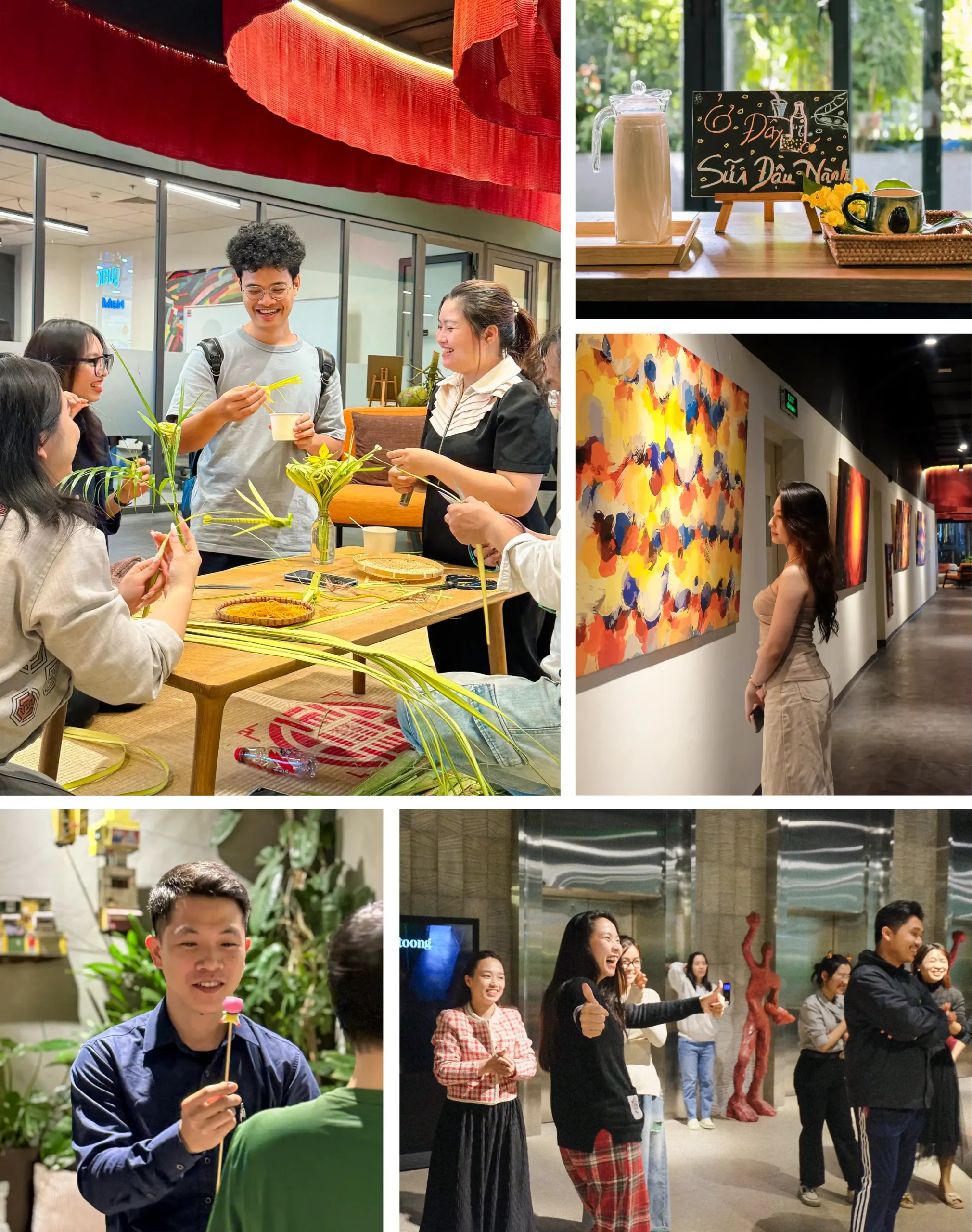
Creating “Recovery Zones”: A Survival Skill for the New Generation
Beyond time management, learn energy management. Small daily recovery zones will save you from eventual burnout.
Suggestions from The Energy Project:
- Physical: Stay hydrated, take short walks every 2-3 hours of work
- Emotional: Write down something you’re grateful for daily
- Mental: Dedicate 30 minutes daily without electronic devices
- Purpose: End each week with something that makes you feel “I accomplished something meaningful”
Burn Steadily Rather Than Flaring Out
Don’t try to burn brilliantly only to quickly extinguish. What you need is a sustainable flame: warm enough, long enough, so you don’t go out midway.
You don’t need to be superhuman – you just need to be healthy enough to pursue what matters. Someone who knows when to accelerate and when to step back and recharge. Because “sustainability” was never about working endlessly without rest, but knowing when to rest properly to go the distance.
📌 The Key Point
Being busy isn’t wrong. But if “busy” costs you sleep, joy, and your very self – that’s not effort anymore, that’s sacrifice.
And you don’t need to sacrifice yourself to prove your worth.
Give yourself moments of silence to recover. A touchpoint quiet enough to settle, open enough to continue flourishing and moving forward. A rhythm like Toong – refined enough for you to rediscover yourself amid all the chaos.

Editors: Bùi Bích Trà My, Nguyễn Thạch Thảo
References:
- Deloitte. (2024). Global Gen Z and Millennial Survey 2024.
- Pang, A. (2016). Rest: Why You Get More Done When You Work Less. Basic Books.
- Schwartz, T., & McCarthy, C. (2007). Manage your energy, not your time. Harvard Business Review, 85(10), 63-73.
- World Health Organization. (2021). Long working hours increase deaths from heart disease and stroke.

